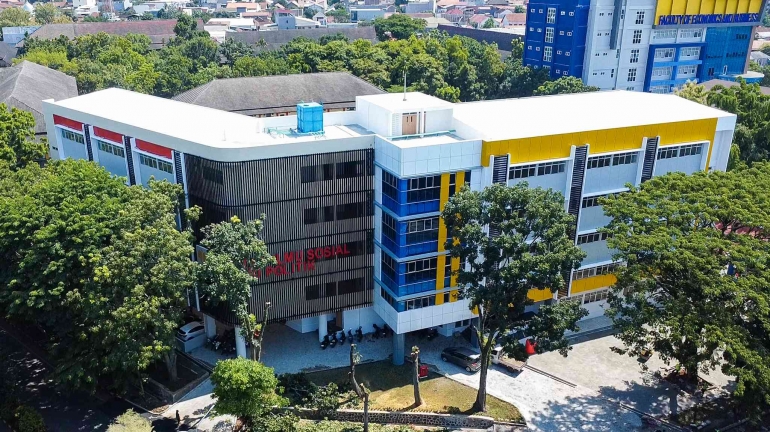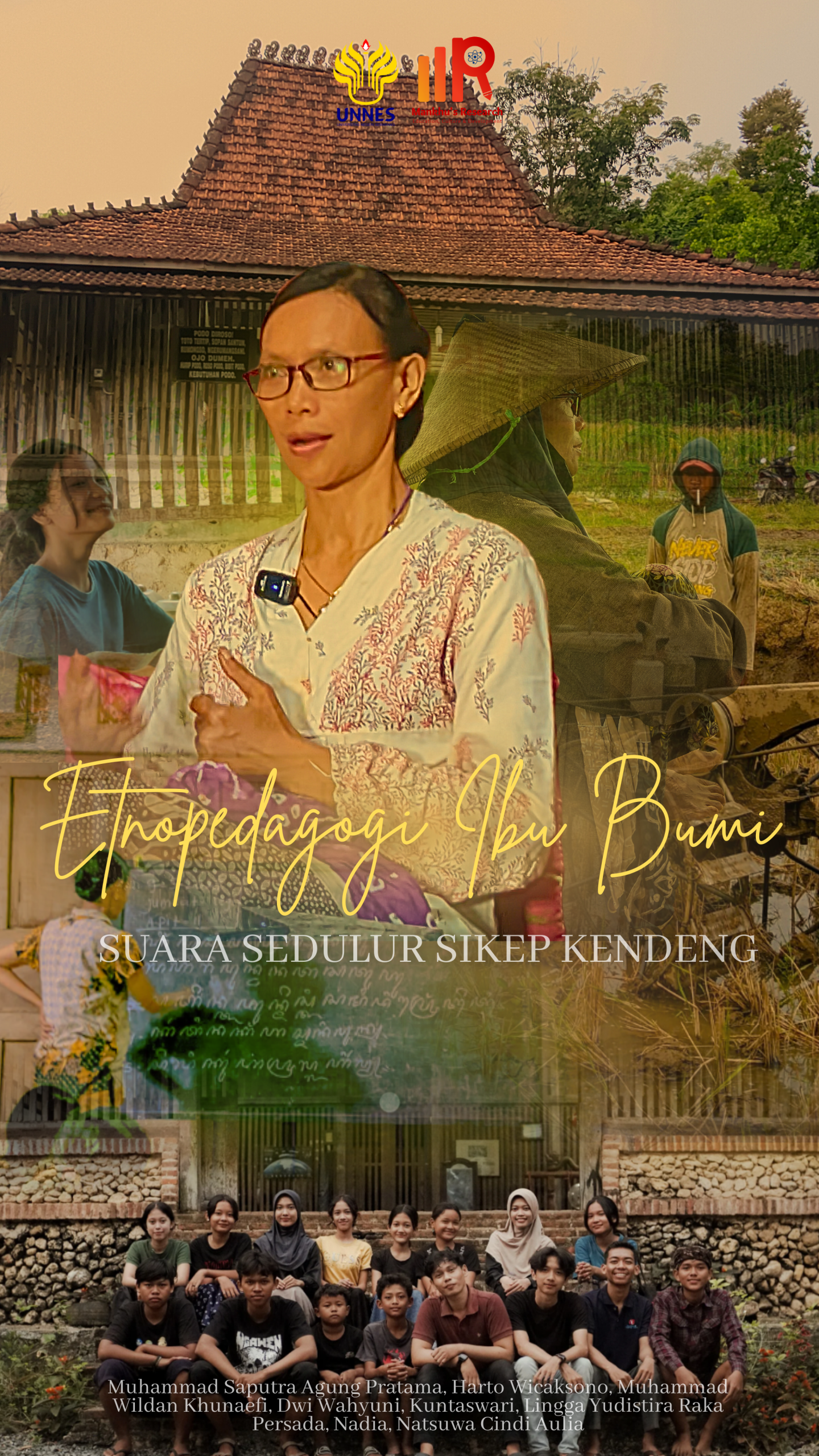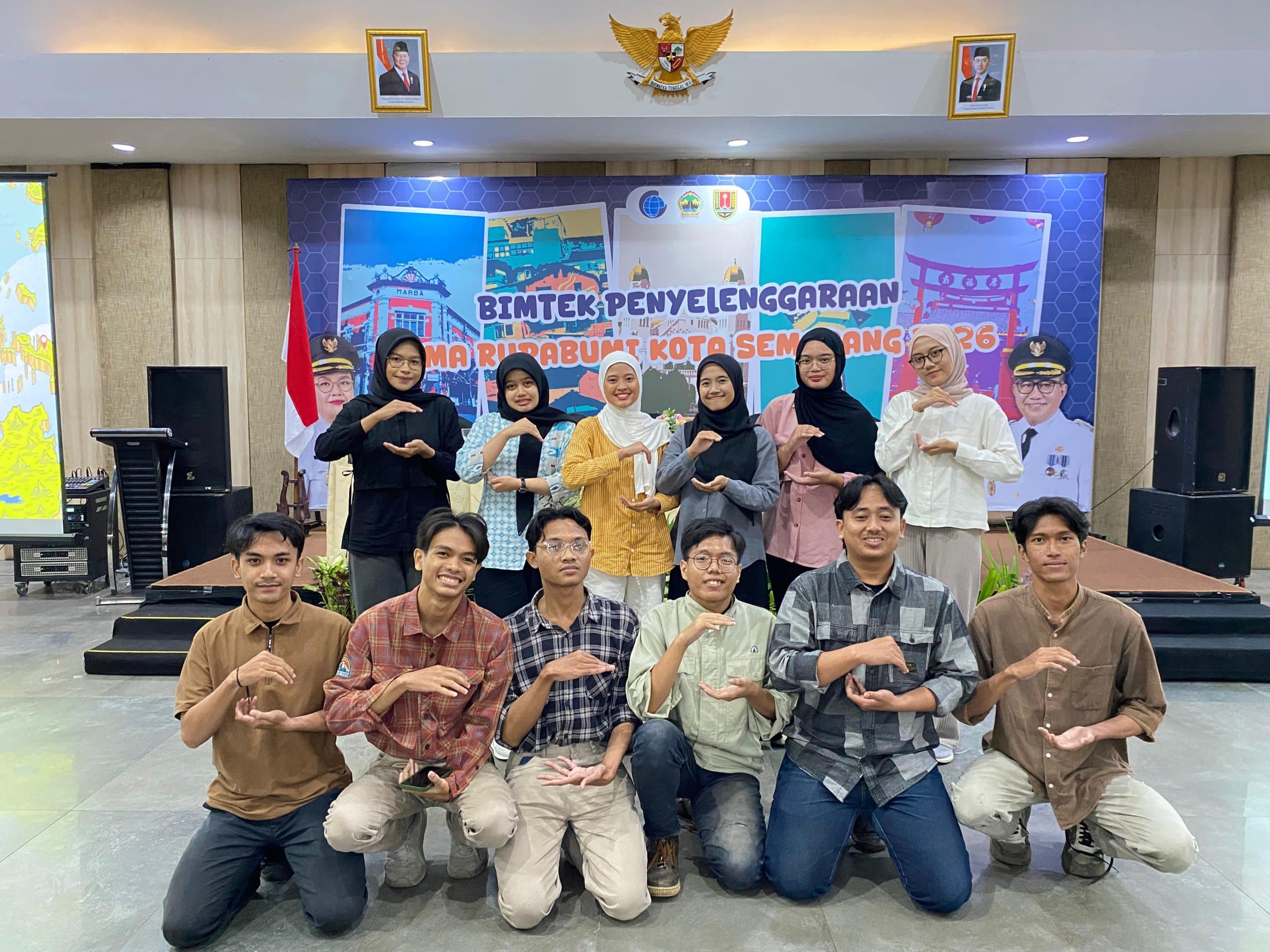The development of digital technology has brought big changes in the order of life and even gave birth to a new world civilization for mankind. Digital technology has been integrated into everyday social life. Now, the role of digital technology is increasingly dominant when the world faces the spread of the Covid-19 virus. A pandemic situation forces humans to limit the occurrence of direct social relationships and divert them into virtually mediated relationships through digital technology. This new world needs to be addressed scientifically, especially from the perspective of social sciences, humanities, and education to evaluate and develop science from the aspects of methods, studies, scientific theoretical substance, and good practice in order to find appropriate academic reasoning in facing ongoing changes. ICESS 2021 aims to bring together researchers, teachers, scientists, and scholars to exchange and share their experiences and research results on all aspects of social science, humanity, and education. The conference is expected to bring about strategy, best practices, and solutions contributing to the efforts to beat the covid-19 pandemic.
Theme: Digital Technology on Social Sciences, Humanities, and Education
Sub Themes: Social studies learning in the digital era, Social research and digital sources, Oral tradition, Digitalize Memory & Public History, Community, democracy, and policy on the new normal era, Digital Culture & Society, Disaster Management, Environmental Problems and Conservation, The industrial revolution and social change, Global pandemic on social aspects, and Humanities learning in the digital era
Keynote Speaker: Rector of Universitas Negeri Semarang
Speakers: 1) Suryadi (Leiden University, the Netherlands), 2) William Bradley Horton (Akita University, Japan), 3) Hans Pols (University of Sydney, Australia), and 4) Wasino (Universitas Negeri Semarang, Indonesia)
International Online Conference: Amidst the COVID 19 pandemic, the committee of the 6th International Conference on Education & Social Sciences has agreed to alter the conference into an ONLINE Meeting conference with the same schedule on 09-10 April 2021.
Call for Papers: The authors are requested to submit the abstract to the Organizing Committee by 28 March 2021. The abstract is a maximum of 200 words and should consist of the following: the aim of the study, the method used, result, and implication. The papers should be written in English and will be sent to at least two reviewers and evaluated based on originality, technical or research content or depth, correctness, relevance to conference, contributions, and readability.
Paper Publication Opportunity: Papers accepted by ICESS 2021 can be published in one of the following publications: 1) Selected papers will be published in the conference proceedings with an ISBN in a soft printed copy, 2) All papers have a chance of publication in various journals indexed by Sinta 1, Sinta 2 or Sinta 3. (Jurnal Komunitas, Jurnal Paramita, Jurnal Ilmu Politik, Jurnal Social Studies Learning, Jurnal Forum Ilmu Sosial).



